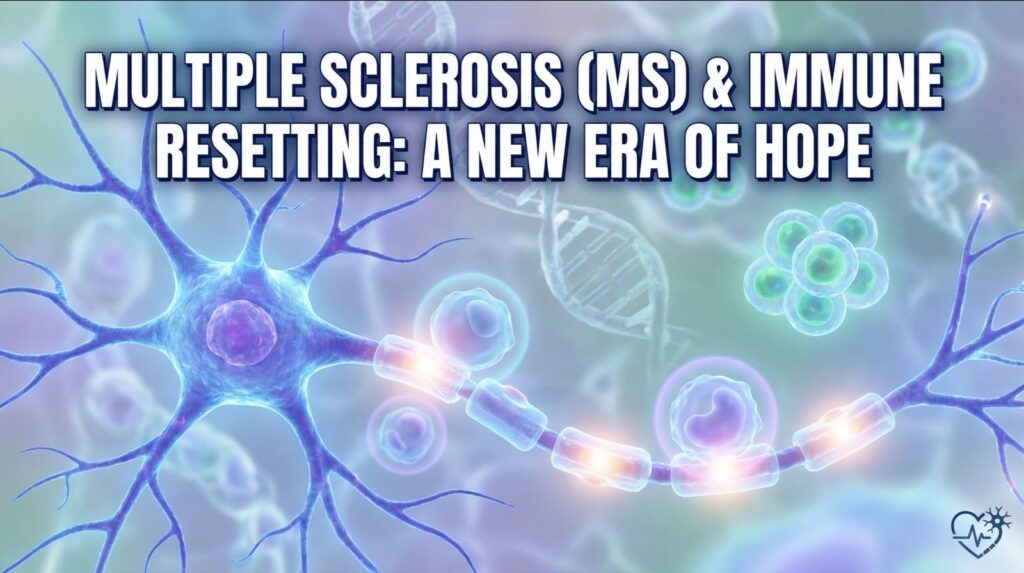In recent times, there has been a surge in regenerative medicine clinics advertising the transformative effects of intravenous or IV stem cell therapy, claiming it can drastically improve one’s life and alleviate pain. But how much of this is backed by clinical evidence?
Clinical Evidence Behind IV Stem Cell Therapy
The primary question is whether there exists clinical evidence supporting the claims made by these clinics. Is there a randomized controlled trial that directly compares IV stem cell therapy with intra-articular stem cell therapy, especially in the treatment of symptomatic knee arthritis? The answer is affirmative.
Understanding the Two Approaches
Followers of Dr. Jeffrey Peng’s channel would be aware that mesenchymal stem cell injections, irrespective of their source (be it bone marrow, adipose, placental, or umbilical), have demonstrated efficacy in treating symptomatic knee osteoarthritis. These injections are typically administered under ultrasound guidance, directly into the affected joint. The rationale is that direct injections into the affected joints would yield optimal results.
However, there’s an alternative approach. Some healthcare providers have been extolling the virtues of intravenous stem cell therapy, which involves infusing the stem cells directly into the bloodstream. But does evidence support this method, and how does it stack up against direct joint injections?
The Verdict from Research
Surprisingly, there are no randomized control trials that have studied the use of intravenous stem cell therapy for knee arthritis in humans. In fact, no such trials exist for any orthopedic condition, which is a significant concern.
However, there is an animal study that has explored the effects of intra-articular stem cell therapy versus intravenous stem cell therapy for knee osteoarthritis. The study involved 30 adult rats, which were divided into five groups. The findings revealed that the group receiving stem cells directly into the joint showed better healing of knee osteoarthritis than the group that received stem cells intravenously.
Key Takeaways
- IV stem cell therapy remains highly experimental with unproven efficacy and, more importantly, an unproven safety profile.
- There have been alarming reports of severe side effects from IV stem cell therapy, including pulmonary embolism, neurological disturbances, bacterial infections, and even tumor growth. Some of these cases have unfortunately resulted in death.
- While there isn’t a direct human trial comparing the two methods, the animal study indicates that joint injections are more effective than IV infusions.
- IV stem cell therapy needs further study in controlled environments to truly understand its effects and safety profile.
For those interested in diving deeper into the data behind other ortho biologics, such as PRP, Dr. Peng recommends checking out his in-depth video on the subject.



